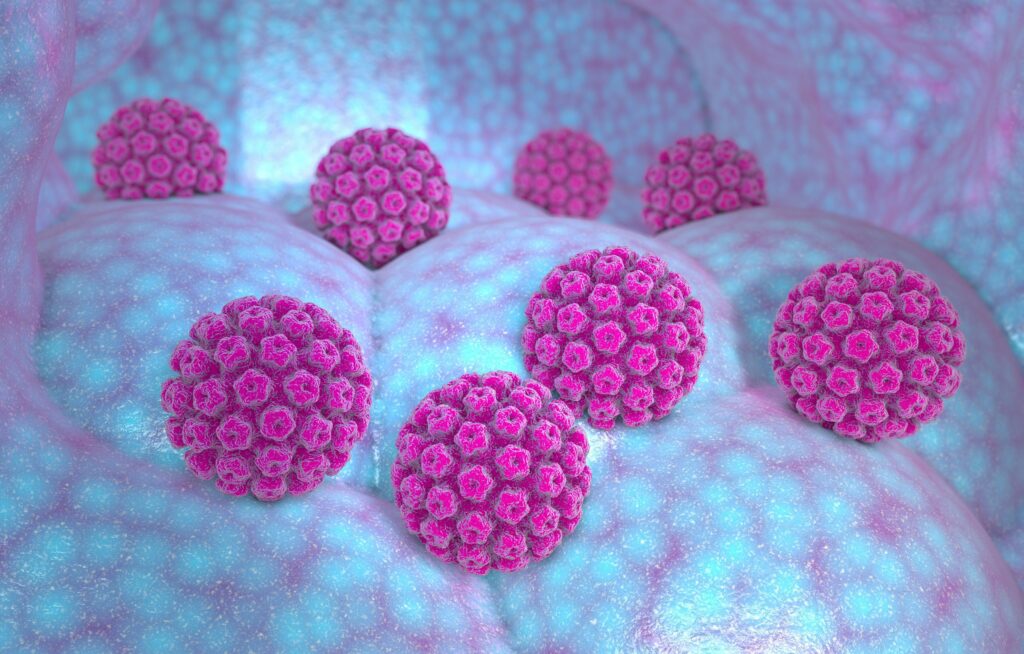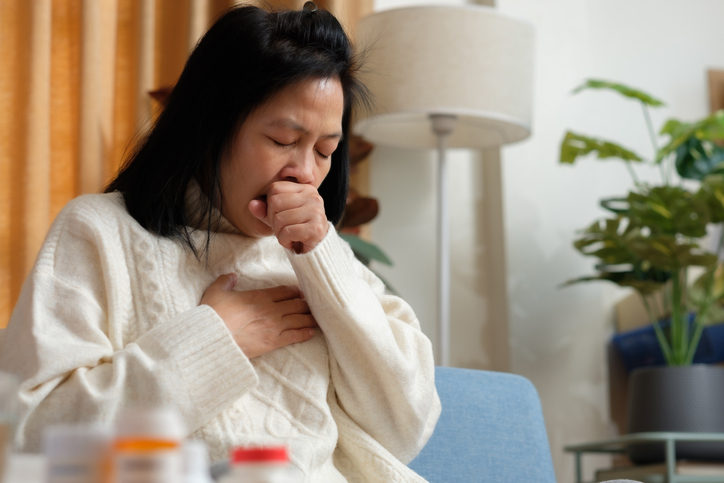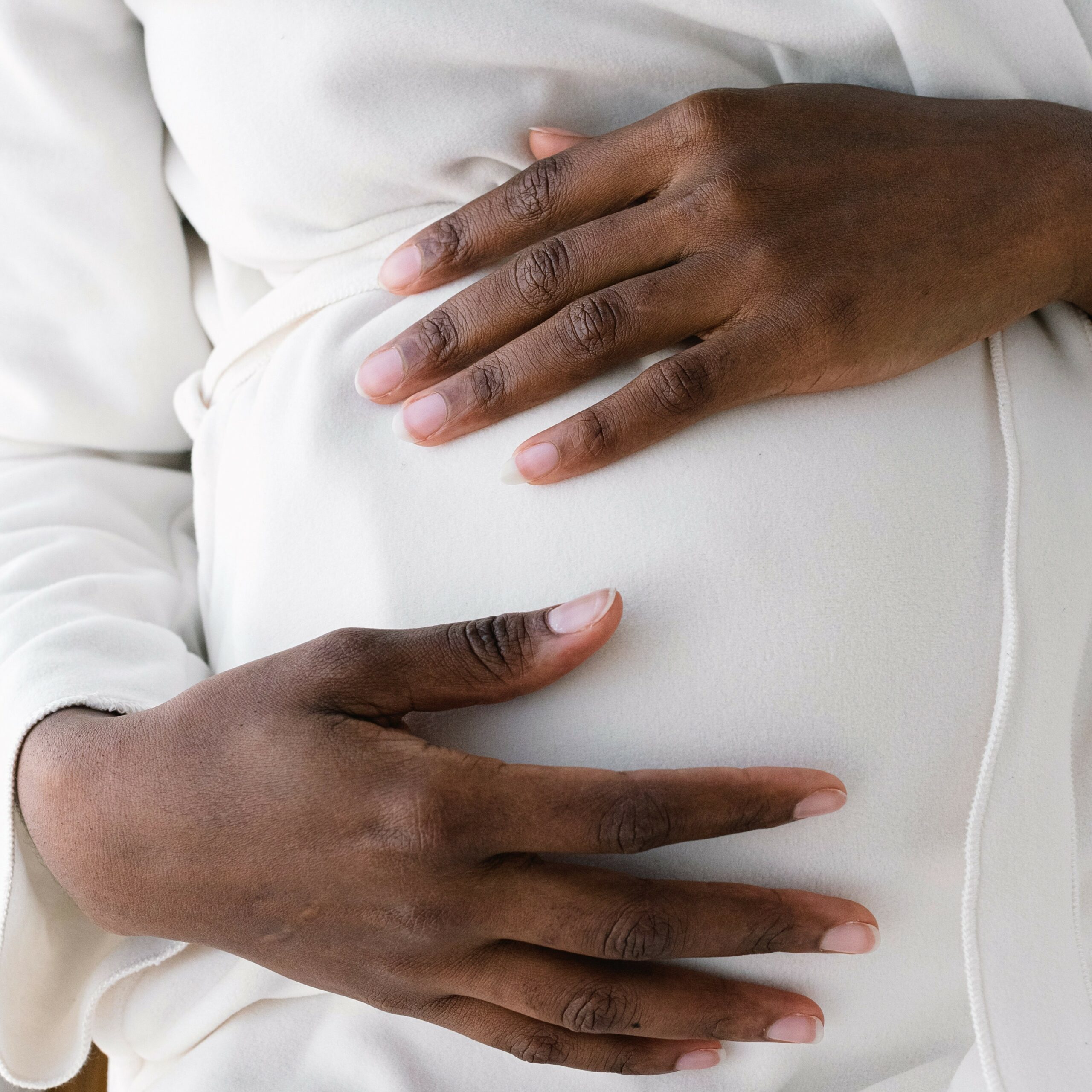20th January 2022
Lots of women have never heard of human papillomavirus (HPV), for many the first time they hear about HPV is upon their diagnosis after receiving smear test results. A HPV diagnosis can often carry psychological symptoms such as fear, guilt, shame, and anxiety. For many women, these feelings are particularly prevalent during the period of revealing their HPV diagnosis to their partner or relatives. Overall, the psychological distress associated with being diagnosed with HPV is linked to a series of common misconceptions (Tomás-Aragonés et al, 2009).
New research has uncovered worrying levels of stigma and misunderstanding around the virus (Jo’s Cervical Cancer Trust, 2020). Even though there is an increasing amount of information about HPV in the media, there is still a lack of knowledge about the disease across society. In many cases women who are diagnosed with HPV are unaware of the disease, they might be aware that it is a sexually transmitted infection (STI) which often leads to them being unable to disclose their diagnosis to people around them due to feelings of shame. The misconception of women being alone in their diagnosis together with the common associated feelings of embarrassment around STIs can cause women to feel alienated.
Misconception: HPV is caused by having multiple partners
A common misconception of HPV is that HPV is linked to promiscuity and for people that are in stable relationships a HPV diagnosis can bring fears of infidelity. These are myths because HPV can lie dormant in the body for a prolonged period, it can be undetected for months or even years; this is often not considered upon diagnosis. This misconception can lead to a lot of misunderstanding within relationships, it can also cause partners to suffer from feelings of anger or guilt.
Misconception: People who have HPV also have cervical cancer
Lots of women who have been diagnosed with HPV, reveal that they are scared and think that if they have got HPV then they have cervical cancer. Even though having HPV does mean that the presence of cervical cancer is more likely, patients need to be aware that there are many different strains of HPV and some strains are not related to a cervical cancer diagnosis.
Who is eligible for the HPV vaccine?
The Gardasil vaccine is now offered routinely to girls and boys aged 12-13 in England as part of the NHS vaccination programme. HPV infections of types 16 and 18 in 16-24 year old women have reduced by 86% in England ever since introducing the HPV vaccination programme in 2008 in adolescent girls. Although the vaccine provides a good level of protection against cervical cancer, women are still invited to attend cervical screening to ensure maximum protection.
Find out more:
- Access GatewayC’s ‘Cervical Cancer – Early Diagnosis’ course
- Read ‘HPV vaccine reduces cervical cancer risk’, Cancer Research (2020)
- Read ‘HPV stigmas must end says charity’, Jo’s Cervical Cancer Trust (2018)
- Read ‘HPV diagnosis considered dirty and shameful finds new research’, Jo’s Cervical Cancer Trust (2020)
- Read ‘Psychological Aspects Associated with the Acquisition and Development of HPV Infection and its Repercussion on Quality of Life’, Tomás-Aragonés et al (2009)



